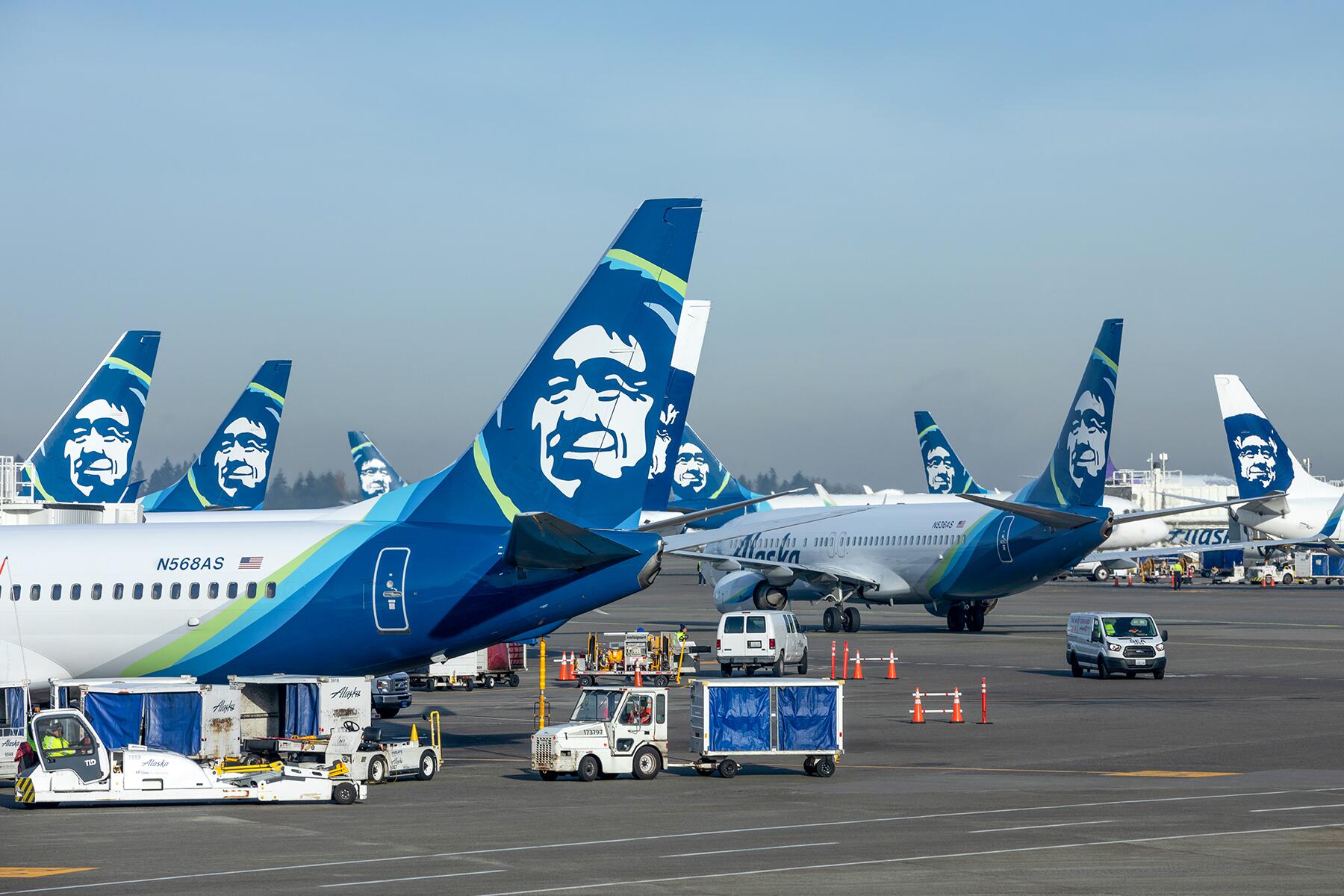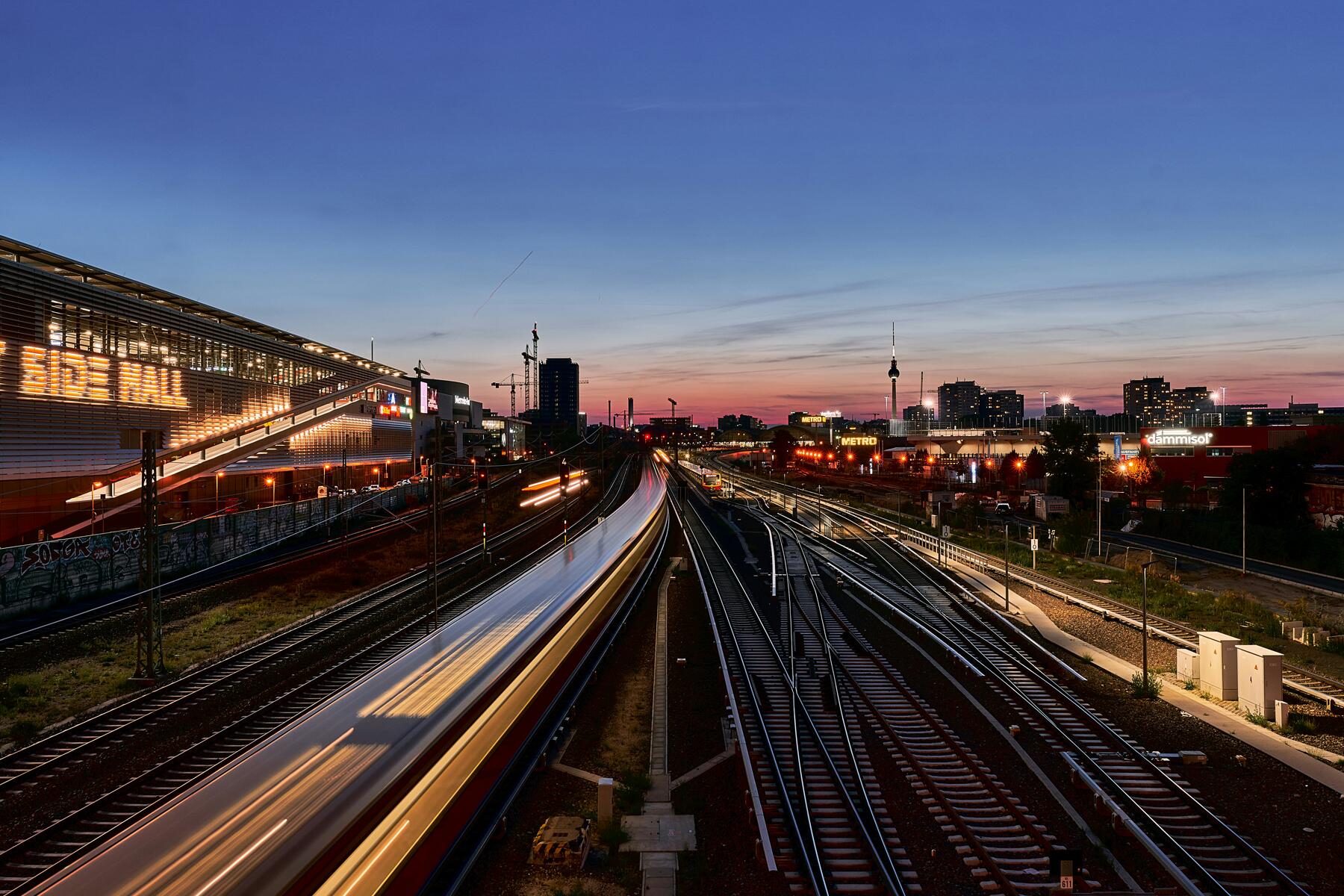Copper is liquid gold for thieves.
You often hear of train and metro delays and cancellations in Europe. From weather-related disruptions to employee strikes, the reasons range from day to day, but surprisingly, some of these disruptions are an outcome of a peculiar criminal activity on rail tracks: copper theft.
Railway networks (and much of modern-day infrastructure including plumbing and telecommunications) depend on copper wiring encased in other materials. The precious metal found so easily in modern cities has become a target for thieves, who pull out the cables and sell the copper for scraps–and it’s threatening the network. For rail companies, it means thousands of dollars of losses every year. For travelers, it spells delays.
Copper Is Invaluable
For 10,000 years, humans have used copper. Copper coins may not be the choice of currency in the 21st century, but the precious metal is used everywhere. It’s highly likely that the electronic device you’re using to read this article also has traces of copper (but don’t dissect it just yet and read on).
As an excellent conductor of heat and electricity, it is used extensively in railway networks–in signal cables and power lines–so without this component, railway networks lack both power and communication to function. Herein lies the problem: burglars have long figured out how precious this metal is, where it’s found, and how to profit from it. So, they are looting it. Train lines have become a target with their copper cable lines that can be ripped off, especially in remote areas where the chances of being caught are low.
Top Picks for You
Recommended Fodor’s Video
German railway company Deutsche Bahn reported 450 cases of metal theft in 2023 and it cost the company €7 million ($7.5 million) and caused 40,000 minutes of delays. Britain suffered even greater losses–in the financial year of 2022-2023, the country endured $15 million of stacked losses and 84,000 minutes of delays. In France, the losses in 2022 amounted to €20 million ($21 million).
Aurubis, a Germany-based copper producer, reported losses of millions of euros last year due to copper theft in its facilities.
It’s Happening Everywhere
The railways are not the only infrastructure that the metal thieves target. And it’s not just straining resources in one continent; the problem is much more widespread.
Last month, the Los Angeles City Council shared that repairs due to copper theft cost the city $17 million. Public infrastructure, including street lights, is being sabotaged. In Dallas in 2022, burglars took down telephone wires, disrupting telephone and internet services. A town in British Columbia had a dangerous encounter with copper thieves when gas lines were damaged, causing an explosion last year.
Selling copper for scrap is a lucrative business. A ton of this metal was sold in the U.K. at a recycling facility for more than $8,000, EuroNews reported. Copper prices are expected to rise this year and again in 2025, and the thievery could escalate. The metal is also used in renewable energy technologies, so in the next couple of decades as countries start depending more on them, copper might become more valuable.
Rail Is Europe’s Lifeline
A travel revolution is underway with more people exploring flight-free voyages worldwide. New initiatives are boosting Europe’s already robust system. More routes between cities and overnight trains such as Vienna to Hamburg and Paris to Berlin are offering an alternative to passengers who want to reduce their carbon footprint.
In France, short-distance domestic flights were banned last year (with many stipulations) and other countries are likely to follow suit. Denmark will start taxing passengers for flying from 2025. Companies like Byway are offering flight-free trips because people want to travel more sustainably now.
Apart from leisurely pursuits, these tracks are the arteries of Europe, with 17% of freight transportation in European Union member states carried out through them.
To keep the “travel-conscious” movement going and to make train travel more reliable, the industry needs to stop thieves in their tracks and they are relying on technology to come to their rescue.
Railway operators are using artificial DNA technology that could make it difficult to resell copper, because even if melted, it can be traced. It involves marking the rails and cables with traceable ID materials that can be hunted down when the metal is recovered. Sweden began experimenting with this technology back in 2012. In addition, a company called SelectaMark provides this service with SelectaDNA MetallicDNA to rail networks in the Netherlands, Germany, and the U.K.
“Criminals know that DNA links them to crimes. Anything that’s DNA marked or protected immediately becomes a harder target in the criminal’s mind. So it works really well as a deterrent,” James Brown, Managing Director of SelectaDNA, told EuroNews.



